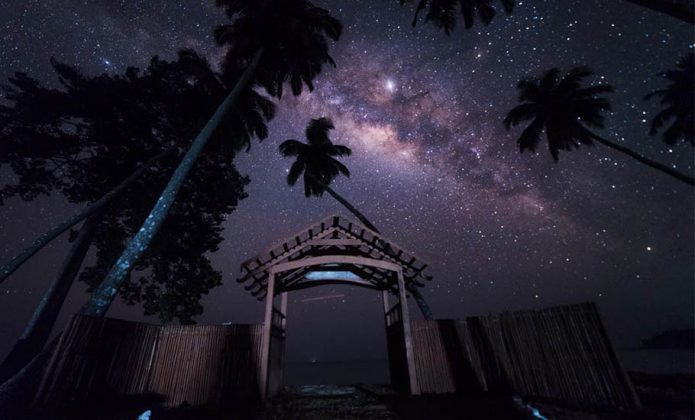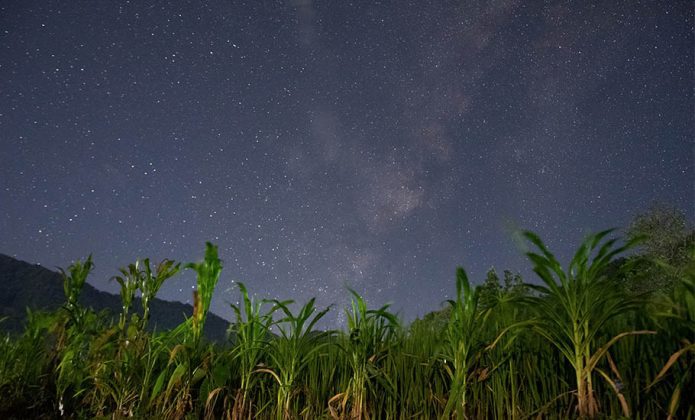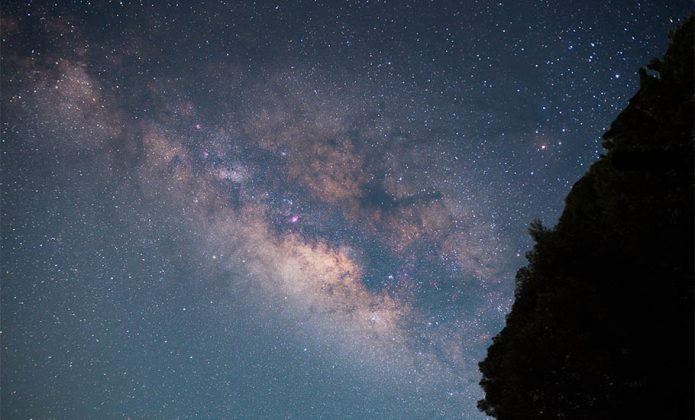
- Home
- India
- World
- Premium
- THE FEDERAL SPECIAL
- Analysis
- States
- Perspective
- Videos
- Sports
- Education
- Entertainment
- Elections
- Features
- Health
- Business
- Series
- In memoriam: Sheikh Mujibur Rahman
- Bishnoi's Men
- NEET TANGLE
- Economy Series
- Earth Day
- Kashmir’s Frozen Turbulence
- India@75
- The legend of Ramjanmabhoomi
- Liberalisation@30
- How to tame a dragon
- Celebrating biodiversity
- Farm Matters
- 50 days of solitude
- Bringing Migrants Home
- Budget 2020
- Jharkhand Votes
- The Federal Investigates
- The Federal Impact
- Vanishing Sand
- Gandhi @ 150
- Andhra Today
- Field report
- Operation Gulmarg
- Pandemic @1 Mn in India
- The Federal Year-End
- The Zero Year
- Science
- Brand studio
- Newsletter
- Elections 2024
- Events
- Home
- IndiaIndia
- World
- Analysis
- StatesStates
- PerspectivePerspective
- VideosVideos
- Sports
- Education
- Entertainment
- ElectionsElections
- Features
- Health
- BusinessBusiness
- Premium
- Loading...
Premium - Events
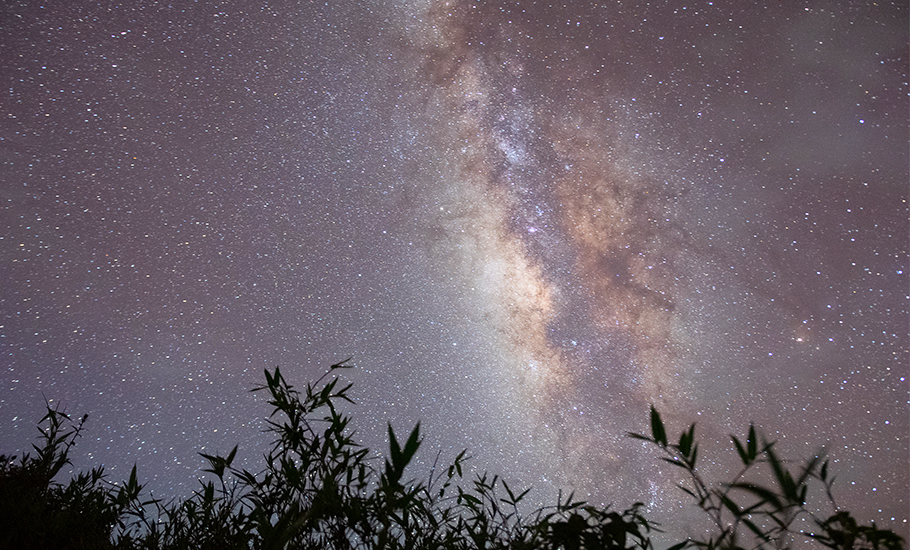
How a Chennai startup is opening up the sky for stargazers

Not too far back in the past, a power outage at night for many families across Indian towns and cities meant climbing up the terrace to sleep under the open sky, falling asleep staring at the countless stars. While such power cuts still drive people to their terraces at night, what is no longer visible are the stars. Of course, the stars are still there but standing between them and the people...
Not too far back in the past, a power outage at night for many families across Indian towns and cities meant climbing up the terrace to sleep under the open sky, falling asleep staring at the countless stars. While such power cuts still drive people to their terraces at night, what is no longer visible are the stars. Of course, the stars are still there but standing between them and the people in the cities are pollutants of various hues, including light pollution.
The human love for a star-studded sky, however, hasn’t changed. This is exactly what Starvoirs, a group of youngsters from Chennai, hopes to keep alive. The Starvoirs have a deeper motive, though. Interested in astronomy themselves, the members of the startup are trying to popularise the science among the people.
“Starvoirs is an astro-tourism startup where we organise stargazing trips. We carry our own telescopes and show the beautiful night sky to our guests. Our mission at Starvoirs is to create awareness about the night sky and popularise astronomy,” founder Bhavanandhi told The Federal.


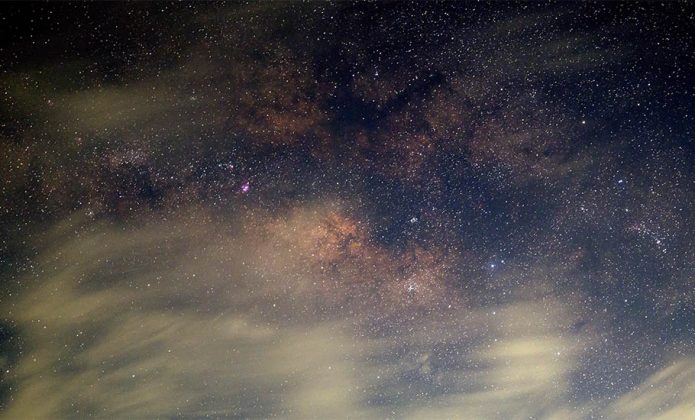

Although the startup is based in Chennai, it organises trips across Tamil Nadu in places such as Kodanad in Nilgiri district, Sayalgudi in Ramanathapuram district, Kodaikanal in Dindigul district and Pichavaram in Cuddalore district. The activity isn’t just limited to Tamil Nadu but also extends to Nagaland and the Andaman islands.
“In Chennai, we can’t do stargazing because of the heavy light pollution. Whereas in the other places, we have a clear night sky and we can see the stars and the moon besides planets like Jupiter, Saturn and the Milky Way etc., through telescopes,” he said.
Leaving a well-paying job in the IT industry, Bhavanandhi took a plunge into teaching astronomy through stargazing and has stayed the course for a couple of years now.

“I have been conducting stargazing trips for the last four years. However, we were able to get telescopes on our own and reach out to the public only over the last two years. The French word ‘voirs’ in Starvoirs means ‘to see’. We teach people how to look and observe the stars,” Bhavanandhi, who is also an astrophotographer, said explaining the rationale behind his company.
Although perceived as an elite hobby, the concepts of astro-tourism, astro-photography, stargazing, among others, are headed for a big boost with the Union Territory of Ladakh having decided to establish India’s first dark sky reserve in Hanle, a village in Ladakh.
India’s first dark sky reserve
According to US-based International Dark-Sky Association, a dark sky reserve “is a public or private land of substantial size — at least 700 square km, or about 173,000 acres — possessing an exceptional or distinguished quality of starry nights and nocturnal environment, and that is specifically protected for its scientific, natural, educational, cultural heritage, and/or public enjoyment”.
One of the key objectives behind creating such a reserve is to reduce light pollution which can have serious environmental consequences for humans, wildlife and the climate. The other goals include promoting eco- and astro-tourism, and protection of nocturnal habitats. So far, across the globe, there have been 195 sites recognised as dark sky reserves by association.
The Hanle Dark Sky Reserve, or HDSR, is a project that will combine astro-tourism, preserving dark skies, and local socio-economic development.
The HDSR has been made operational through a tripartite Memorandum of Understanding between the Indian Institute of Astrophysics — which is working under the aegis of the Department of Science and Technology (DST) and has five field stations, including the Indian Astronomical Observatory (IOA) in Hanle, Ladakh — the Union Territory of Ladakh administration, and the Ladakh Autonomous Hill Development Council (LAHDC) of Leh. The local community surrounding the IAO are key stakeholders for the HDSR.
The HDSR is a region of roughly 22 km radius centred around the IAO Hanle and encompasses a few villages.
‘Dark skies for everyone’
Dark skies are now being seen as part of the cultural heritage of humanity and preserving them for the future generations so that they can enjoy the grandeur of the night sky is now a global initiative, Dr Niruj Mohan Ramanujam, head, SCOPE (Science COmmunication, Public outreach, and Education) section, Indian Institute of Astrophysics, told The Federal.
“Optical observatories around the world are plagued by light pollution from human activity and hence many observatories are taking steps to curtail light pollution and preserve dark skies for astronomy research. This light pollution comes mainly from illumination that is wasteful since it propagates upwards,” he said.
The HDSR is crucial since Hanle is one of the very few regions in India which has low-light pollution and also has very good sky conditions for astronomy, and hence needs preservation, Niruj added.
A boon for astro-tourism
Niruj further said that astro-tourism is becoming a popular initiative around the world in areas where skies are dark. “The idea is to provide small telescopes to the area, train local people to show and explain the night sky to tourists, and promote the area for astro-tourism,” he said.
Astro-tourism, according to Niruj, is aimed at the usual tourists as well as passionate amateur astronomers. “The Hanle region and its dark skies already attract a lot of tourists. Many nearby villages run homestays for these tourists. The HDSR should increase this,” he added.
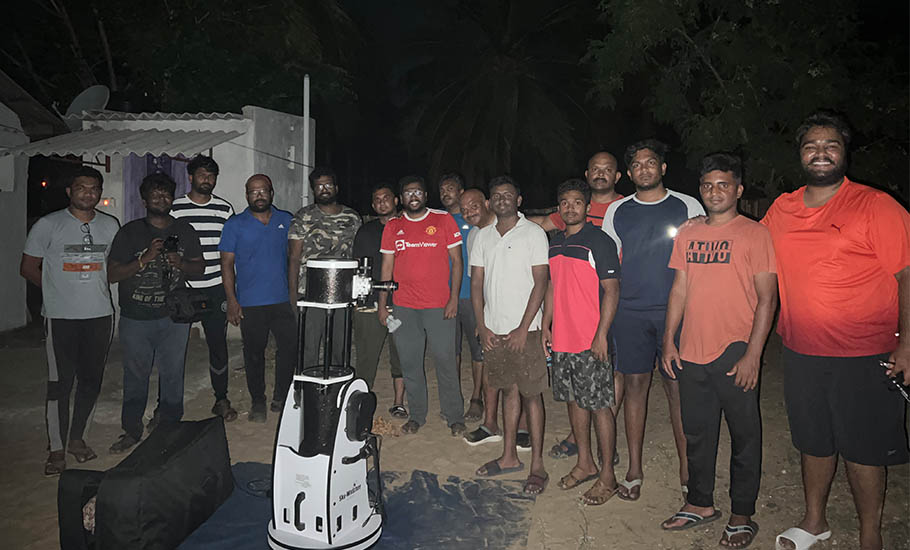
The HDSR is a unique sustainable project that combines all of these components in three ways. “One, through the MoU, we have purchased amateur class telescopes and have identified people living within the HDSR. They are going to be trained in telescope usage and basic astronomy in an upcoming workshop in October. Two, through the MoU, we have purchased things that will help reduce light pollution from the habitations within the HDSR, like lamp shades, warmer colour bulbs, curtains, road delineators etc., which will be distributed to the community soon by the local administration. Three, promote the HDSR nationally and internationally for the usual tourists and astronomy enthusiasts.”
Niruj said they are in the process of obtaining international certification for the HDSR from the International Dark-Sky Association (IDA) and the Starlight Foundation.
Talking about stargazing, Sarath Prabhav, a Kerala-based astrophysicist associated with Starvoirs, said such events in his state are being taken up by the organisations such as the Kerala Sasthra Sahithya Parishad, AASTRO Kerala and the Positron Foundation.
“When I started stargazing some two decades ago, we didn’t have telescopes but we had very clear skies and less light pollution. The weather was also good at the time. Now we have good telescopes and cameras but lack clear night skies,” he said.
There are regular tourist spots from where one can observe the stars. But the tourists need to carry their own telescopes with them which involves difficulties in transporting. In many places they are denied permissions.
“It is in such situations that startups like the Starvoirs play a vital role. The companies have their own telescopes which are kept at various campsites and the tourists can use them. Besides stargazing, the tourists can also go trekking, etc, in the daytime,” Sarath added.
But there are still a few concerns when it comes to the perfect venue.
Talking about the Hanle night sky reserve, Starvoirs founder Bhavanandhi said it is a very good step undertaken by the government but accessibility is an issue.
Ladakh is inaccessible for stargazing
“For people from south India, it’s quite far away and involves many procedures, including paying a separate fee to travel to some areas. Besides, the weather is extremely harsh. So, people with health issues would find it difficult to stargaze at such a high altitude. It is true that there would be clear skies throughout the year. However, similar clear skies can also be found in the Northeast, the Rann of Kutch and the Andamans, where the weather is good and also the area is accessible to everyone,” he said.
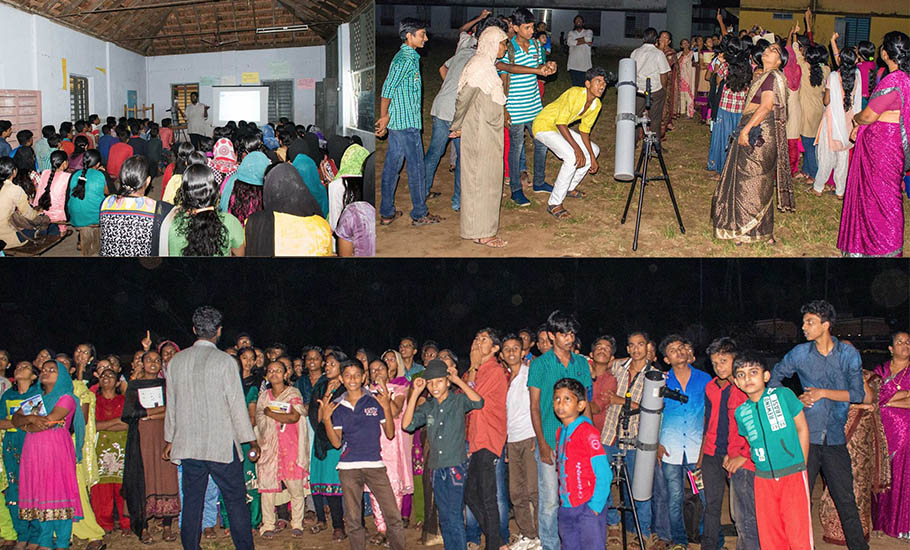
His startup mostly organises weekend trips. While stargazing events are conducted at night, in order to keep the members occupied during the day, Starvoirs has introduced different kinds of board games, sharing the historical importance of the nearby surroundings, boat rides, games like volleyball and many such entertaining things.
“The price for these trips is very reasonable. Within Tamil Nadu, the cost does not exceed Rs 3,000. Since we are not taking any profits from children, there is no fee for kids. We believe that one night of stargazing would inspire the children to take up astronomy as their career,” he added.
Talking about concerns over the HDSR expressed by the Starvoirs, Dorje Angchuk, engineer in-charge at the Indian Astronomical Observatory in Hanle, said despite the difficulties, the clarity of the skies that Ladakh has to offer, due to its dry and high altitude, provides an out-of-this-world experience. “The troubles of accessing the place are thus worth taking.”
The main intention of the Dark Sky Reserve, Angchuk added, is to preserve the natural heritage, that is, the dark and starry skies which have been a source of knowledge and understanding of the universe. It has many benefits like preserving the sky for astronomy, astro-tourism creating livelihood for the local population, and preservation of wildlife in the surrounding areas.
“I feel all rural places in India should ultimately get the accreditation as not too long ago we used to enjoy the starry skies as an evening entertainment and sleep under the stars,” he said.

